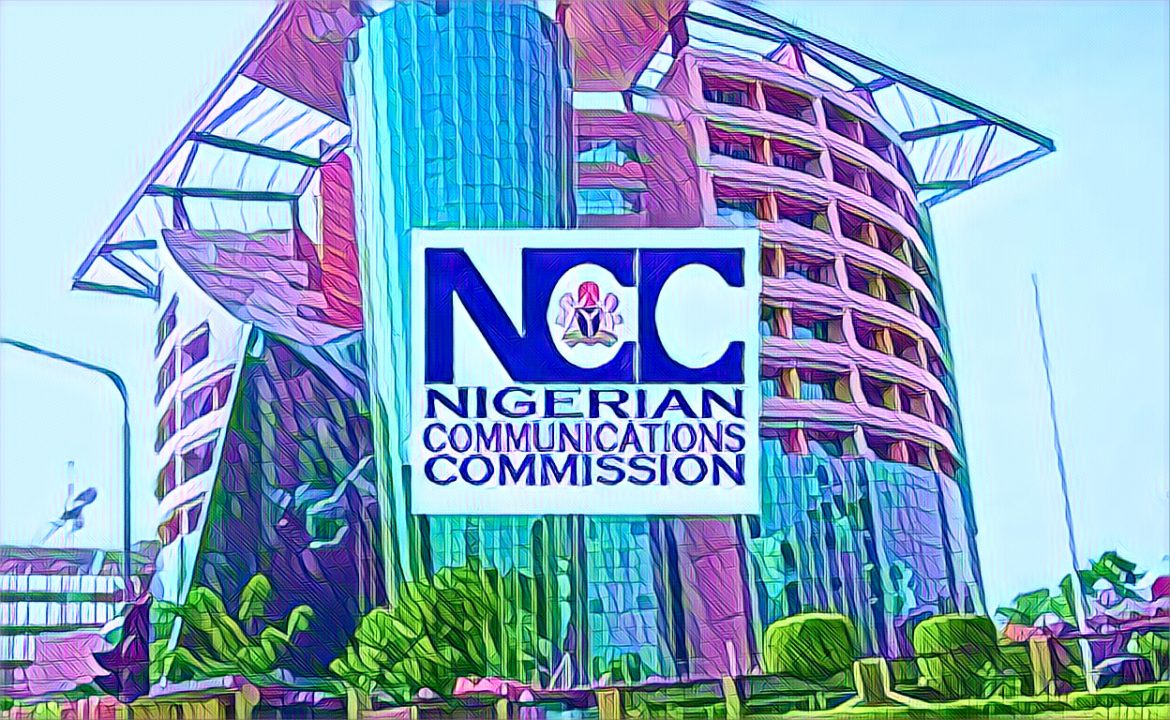The Nigerian Communications Commission (NCC) has successfully restored voice and data services following a major disruption caused by undersea cable cuts. The restoration, according to NCC’s Director of Public Affairs, Reuben Muoka, sees services bouncing back to approximately 90% of their peak utilisation capacities after a challenging period that commenced on March 14, 2024.
The disruption, which stemmed from damage to undersea fibre optics along the coasts of Cote d’Ivoire and Senegal, severely impacted data and voice service providers across Nigeria and other countries within the West African sub-region. In response, operators swiftly mobilised recovery capacity from unaffected submarine cables, ensuring the prompt reinstatement of vital communications services.
Mobile Network Operators (MNOs) have relayed assurances to the commission of optimal data and voice service operations while full repairs on the damaged cables are underway. This quick adaptation and activation of alternative connectivity have largely mitigated the potential fallout from the incident. The NCC has expressed its gratitude towards the telecom consumers for their patience and understanding during the unexpected service downtime.
The incident initially led to significant operational scale-downs among banks, financial institutions, telecom companies, and related sectors, underlining the critical importance of undersea cables in supporting broadband Internet connectivity in the region. Cable systems such as the West African Cable System (WACS) and the African Coast to Europe (ACE) along the West Coast route from Europe were notably affected, alongside SAT3 and MainOne experiencing downtime.
In light of these challenges, the Minister of Communications and Digital Economy, Bosun Tijani, announced initiatives aimed at fostering global collaboration to enhance the protection of these undersea infrastructures. Recognizing the need for a robust international legal framework and partnerships, the minister emphasized the strategic importance of undersea cables to Nigeria’s and the region’s digital economy’s resilience and growth.
The NCC highlighted the collaborative efforts among telecom giants such as Globacom, West Indian Ocean Cable Company, MTN, and MainOne. Their collective response to the crisis not only demonstrated industry solidarity but also played a crucial role in minimizing the impact on consumers and businesses alike.
As the region recovers from this significant disruption, the focus now shifts towards strengthening the security and reliability of undersea cable networks. These vital connections not only underpin the digital economy but also facilitate a wide range of socio-economic activities across West Africa. The NCC’s successful restoration efforts, coupled with proactive measures by the government and industry stakeholders, herald a renewed commitment to ensuring the stability and resilience of digital infrastructure in the face of unforeseen challenges.


